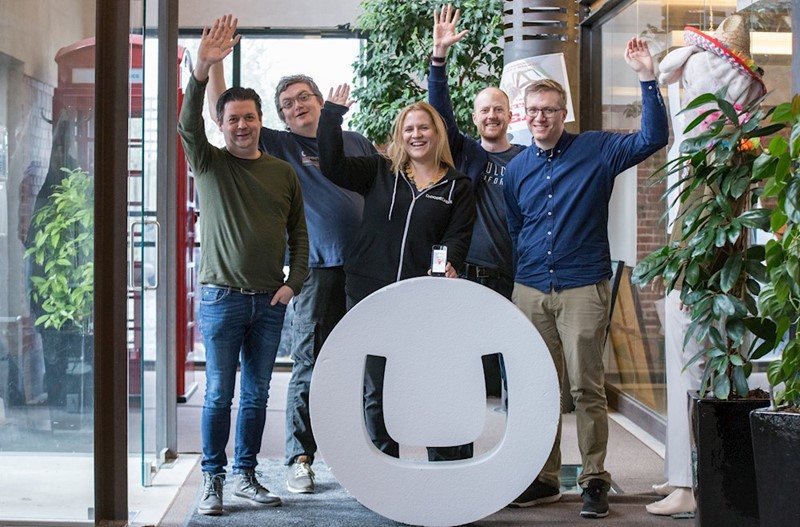The great part about releasing this as a package is that people will be able to read the code and parts required directly in their solution. We can include code snippets, link to the API docs for each element and most importantly since it exists within the backoffice, we can actually render it as an example.
We are quite excited about this package and hope it will be useful! If you have any thoughts, ideas or questions feel free to reach out to us either on packages@umbraco.com or our Twitter account.
If you want a summary of what we and the other 4 community teams got up to during our virtual community team days, you can find the recap blog post here.
UmbPack is out 🚀
One thing we decíded during the community team days, was that UmbPack should no longer be in a prerelease state. It has had several improvements and has been used by lots of package authors at this point. So we are happy to announce that the first “official” release of UmbPack is now out!
The latest version of UmbPack as of this post is 1.0.1, and contains several small bug fixes, metadata improvements (Thanks to Richard Ockerby, Ronald Barendse & Callum Whyte) and 2 new features:
Name templating
Name templating is the first new feature. If you’ve used UmbPack before you will know that the name of the package created with the “pack” command is generated based on the package name and version. It would follow this structure:
Command: umbpak pack ./package.xml
Name: MyPackage
Version: 1.1.1
Output name: MyPackage_1.1.1.zip
With the new name templating you will have more control by using a {name} and {version placeholder}, so you can fx do the following:
Command: umbpak pack ./package.xml -n {name}.hello.{version}.zip
Name: MyPackage
Version: 1.1.1
Output name: MyPackage.hello.1.1.1.zip
This will give you much more control of naming of your packages, great addition by Kevin Jump!
Replaceable properties
The other great addition is adding replaceable properties. This feature allows you to replace values in your package.xml. An example is:
Command:umbpack pack .\package.xml -p Name=ThisIsANewName;Version=1.1.1
This would overwrite those values in the package.xml, and would be done before packing it up and naming the zip based on those values. Thanks a lot to Matt Brailsford for this addition!
Keep tabs on us
In the spirit of openness and transparency (and making it easier for ourselves 😁) we have decided in the Package team to release our meeting notes for our biweekly meetings on Github; so if you feel like these blog posts aren’t enough, you can check our notes on our repo.
That’s all for now!
And remember to sign up for the Packages newsletter!
If you have something you think should be highlighted in the coming package newsletter - please reach out to me on packages@umbraco.com!





